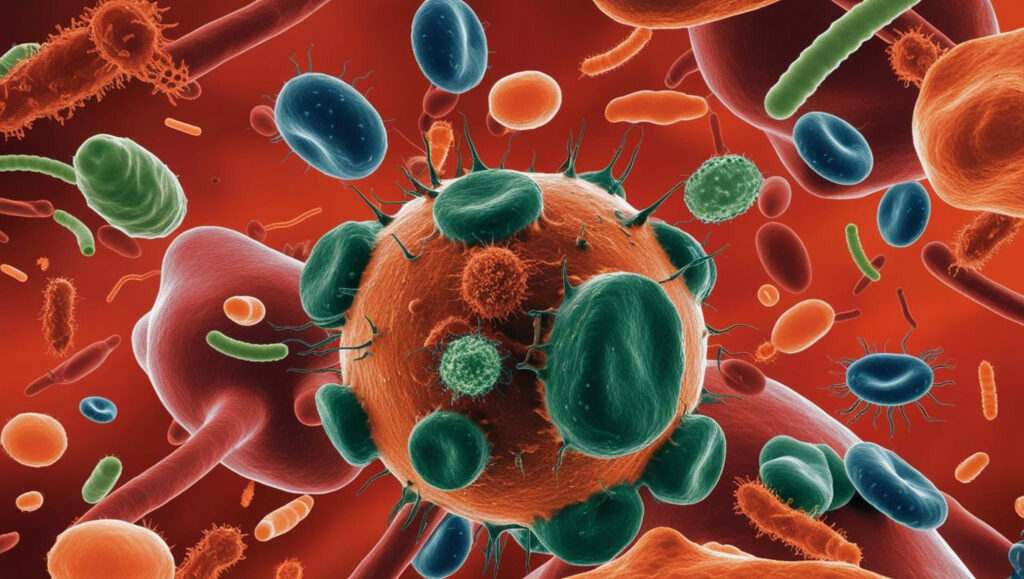Bacteria attack on USA and Canada: Massive Donut Recall Due to Listeria Contamination
Bacteria attack on USA and Canada: Massive Donut Recall Due to Listeria Contamination

Massive Donut Recall Due to Listeria Contamination
In a significant food safety development, FGF, LLC has initiated a recall of over 2 million cases of assorted donut products across the United States and Canada. This recall, first announced on January 7, 2025, is due to potential contamination with Listeria monocytogenes, a bacterium that can cause serious and sometimes fatal infections, particularly in vulnerable populations such as young children, pregnant women, the elderly, and individuals with compromised immune systems.
Affected Products:
The recall encompasses a variety of donut products, including:
- Cake donut rings
- Raspberry-filled donuts
- French crullers
- Bavarian-filled donuts
- Dunkin’ Donuts products, including two of its munchkin flavors
A total of 2,017,614 cases of these baked goods have been pulled from shelves due to the potential for contamination with Listeria monocytogenes.
Health Risks:
Listeria monocytogenes is a bacterium that can contaminate many foods. Although symptoms can vary, a listeria infection can cause invasive illness and intestinal illness.
Consumer Advisory:
Consumers are advised to check their homes for any of the recalled products and dispose of them immediately. If you have consumed any of the affected products and are experiencing symptoms such as fever, muscle aches, nausea, or diarrhea, it is recommended to consult a healthcare professional promptly.
Preventive Measures:
To prevent listeria infection, it is essential to practice proper food handling, including washing hands and surfaces regularly, cooking foods to safe temperatures, and avoiding consumption of unpasteurized dairy products and ready-to-eat deli meats.
For more detailed information and a complete list of the affected products, please refer to the official recall notice issued by the U.S. Food and Drug Administration (FDA)
—————————————————————————————————————————————————————-
Is it Virus?
Listeria monocytogenes is not a virus; it is a bacterium, a type of microorganism that causes a foodborne illness known as listeriosis. Unlike viruses, which require a host to reproduce, bacteria like Listeria can live and multiply on their own in various environments, including food.
Here’s a breakdown of the key differences:
Bacteria vs. Viruses:
- Bacteria are single-celled organisms that can survive on their own and reproduce independently. Some bacteria are harmful (pathogenic), causing infections like listeriosis, while others are beneficial (such as those that help in digestion).
- Viruses, on the other hand, cannot reproduce without a host cell. They need to invade a living cell and hijack its machinery to make copies of themselves. Viruses are typically smaller than bacteria and cause diseases like the flu, COVID-19, and the common cold.
Listeria Monocytogenes:
- Type: Bacterium
- Cause of Illness: Listeriosis
- How It Spreads: Through contaminated food, especially unpasteurized dairy, raw meats, and ready-to-eat foods like deli meats and prepackaged salads.
- Symptoms: Fever, muscle aches, nausea, and diarrhea. It can lead to more severe conditions such as meningitis or miscarriage in pregnant women.
Unlike viruses that require specific treatments (like antivirals for flu or COVID), bacterial infections are typically treated with antibiotics. In the case of listeriosis, antibiotics are used to fight the infection, but it is essential to catch it early, especially in vulnerable populations.
How Can You Protect Yourself?
Prevention is the key to reducing the risks of listeriosis. Below are some important tips for staying safe:
- Avoid High-Risk Foods: Pregnant women, the elderly, and immunocompromised individuals should avoid foods like deli meats, hot dogs, and unpasteurized dairy products. These items are often contaminated with listeria.
- Check for Recalls: Stay updated with food recalls by checking the FDA and CDC websites. If you’ve purchased any recalled products, be sure to discard them immediately.
- Proper Food Handling:
- Wash your hands and utensils regularly.
- Clean cutting boards and surfaces that come into contact with raw meats.
- Cook meat thoroughly to kill any harmful bacteria.
- Storage Matters: Ensure that perishable foods are stored in refrigerators at temperatures of 40°F (4°C) or lower. Do not eat expired or old products that may have been stored improperly.
Please take care